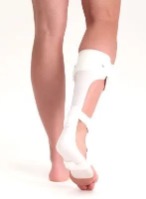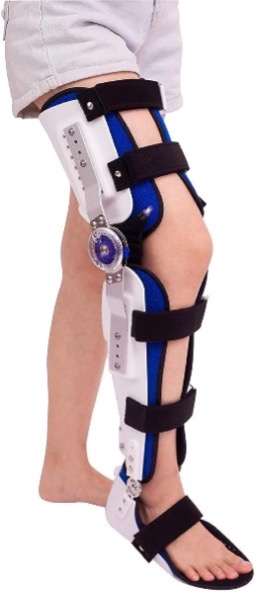
How it all began
During 5 Interplast-Germany missions in Goma, DRCongo, between 2015 and 2019, we also got to know a group of 6 young polio-paralyzed people, the “Power Boys”, whom the then Bishop of the Nazarenes, Reverend Balibango, had picked up from the streets, where they eked out their lives with petty theft and begging because they were rejected by their families “as a burden”. He made sure that they passed their A-levels at the “Dr. Zanner Institute”, a German school run by a missionary director from Bad Homburg, but now had no money to study.
In the harsh Congolese society, paralyzed people are still considered outcasts because “their mother slept with the devil” and they carry an evil spirit within them. The mothers are to blame for their suffering because they refused to vaccinate them against polio “because the whites want to wipe out the blacks”. The Congo is still full of these old myths.
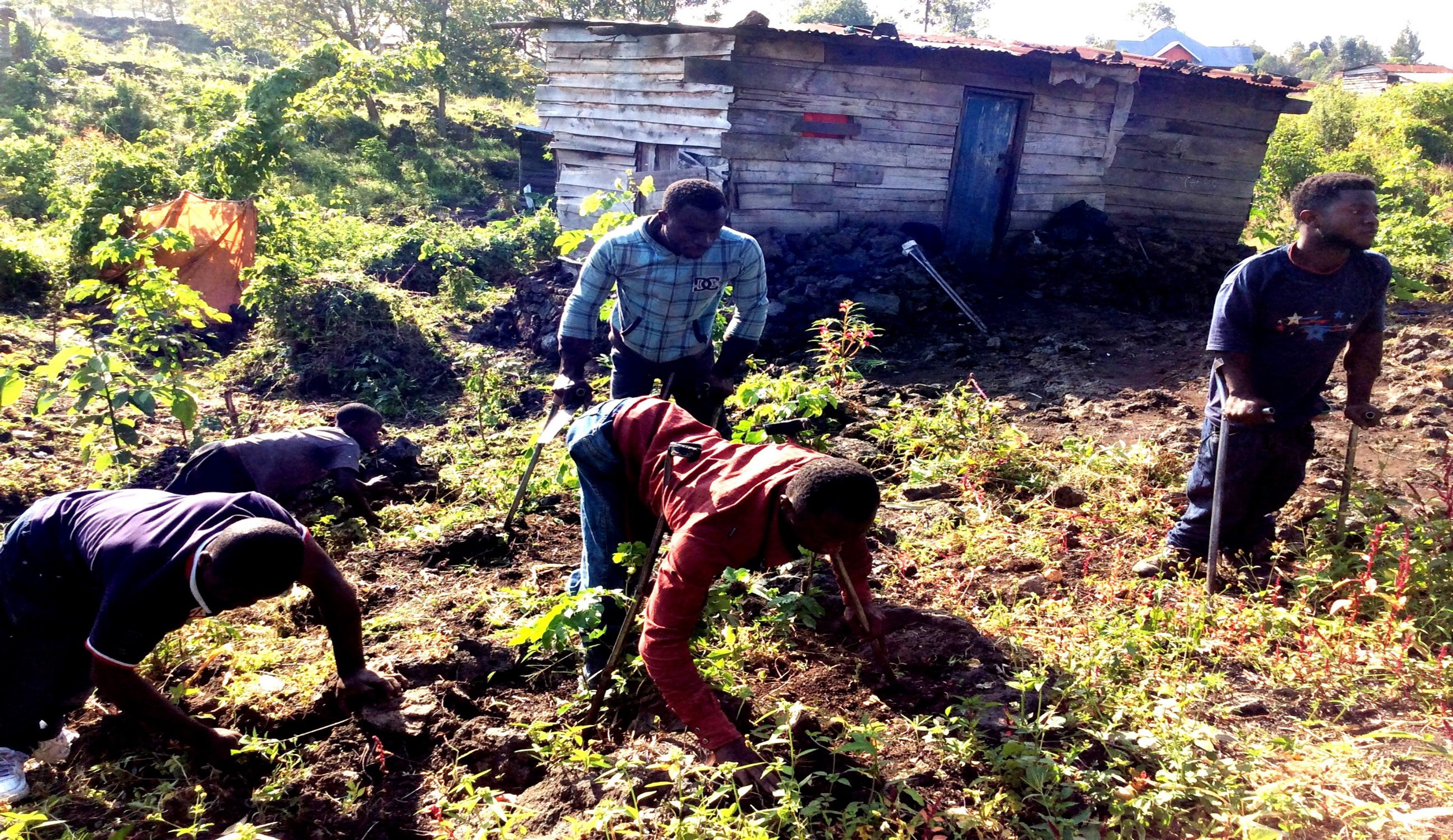
1. my family financed the studies of the 6 Power Boys with $5000-$10,000 each. today they are medical students, health or customs officials, shoemakers, NGO consultants and lawyers and as students they have the prospect of a better life in the Congo. Until then, they had lived in a self-built hut and mainly grew manioc (the tropical potato) and bananas.
5 of the 6 Power Boys studied - here “Public Health” - one learned shoemaking


2. Your example spread like wildfire in Goma and later also in distant towns such as Kindu and Lubambashi, so that we are currently providing new leg braces, prosthetic legs or wheelchairs for more than 80 students and craftsmen with polio or amputations caused by war. By “we” I mean my eldest son Martin, who has generously taken on the financing of tuition fees or the establishment of handicraft businesses or small stores.
The poorest of these poor, however, are those who live as bilateral paraplegics in the villages, where they get no money for crutches, leg braces or even a wheelchair, but have been sliding around on the ground since their polio infection at the age of 3 to 5 and “earn” their meager living as beggars.
When I saw these pictures taken by Power Boy David, who wants to become an orthopaedic surgeon one day, I immediately ordered 20 wheelchairs in China, where they cost $130 instead of $600 in Goma, and had them brought to Goma in the container for the REHEMA hospital's interior fittings.

3. However, the main concern of these polio-paralyzed people is not so much their poor livelihood, but their recognition as equal and socially integrated fellow citizens. Of course, there are just as many intelligent and committed people among them as there are among healthy people. Elisha and Prince have already founded two small organizations, “Accessibility and Disabled Inclusion” (ADI) and “Voice of the African Child” (VAC), which suffer from a chronic lack of financial support because the word empathy with the poor seems to be unknown in the Congo.
However, since the first 5 committed people could not agree on an organization that would not only be active in Goma, but would also remain active as a recognized partner with a financial background with German foundations for long-term support after my departure, the 3 members Pascal Niyonzima (business economist), Jackson Byenda 1(IT specialist) and David Mbavu (medical student) founded the organization “Action et Developpement des Handicapes au Congo” (ADHC) in September 2023.
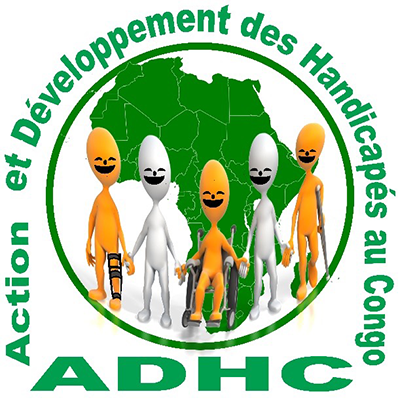
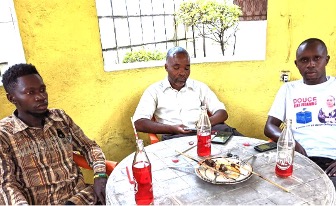
This was initially intended to establish and finance a workshop for the disabled for leg braces, prosthetic legs and wheelchairs and to set up an account for the tuition fees and business development of the disabled Gomas.
The new ADHC workshop for the disabled in Goma, where leg splints and prostheses are mainly manufactured.
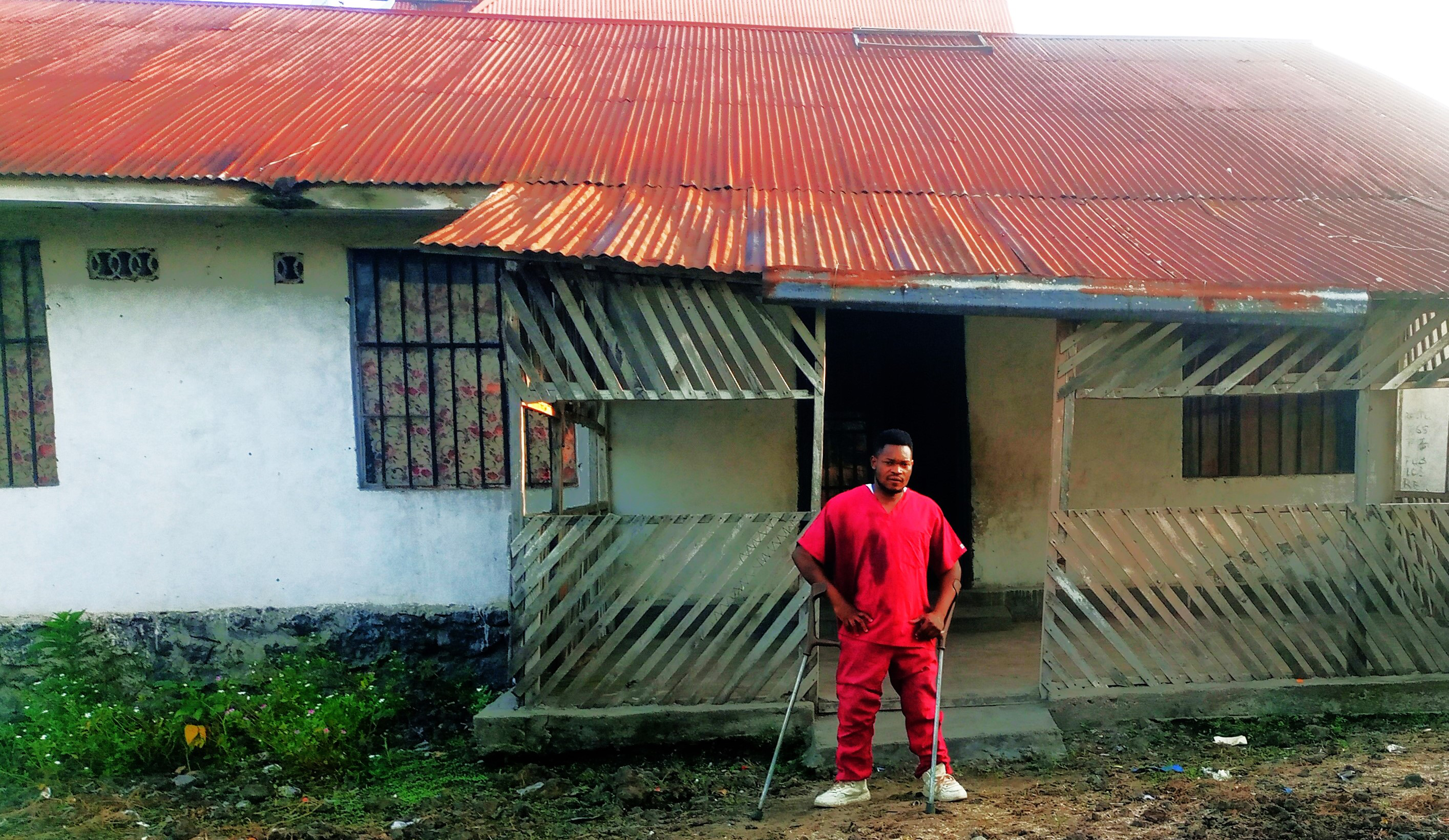
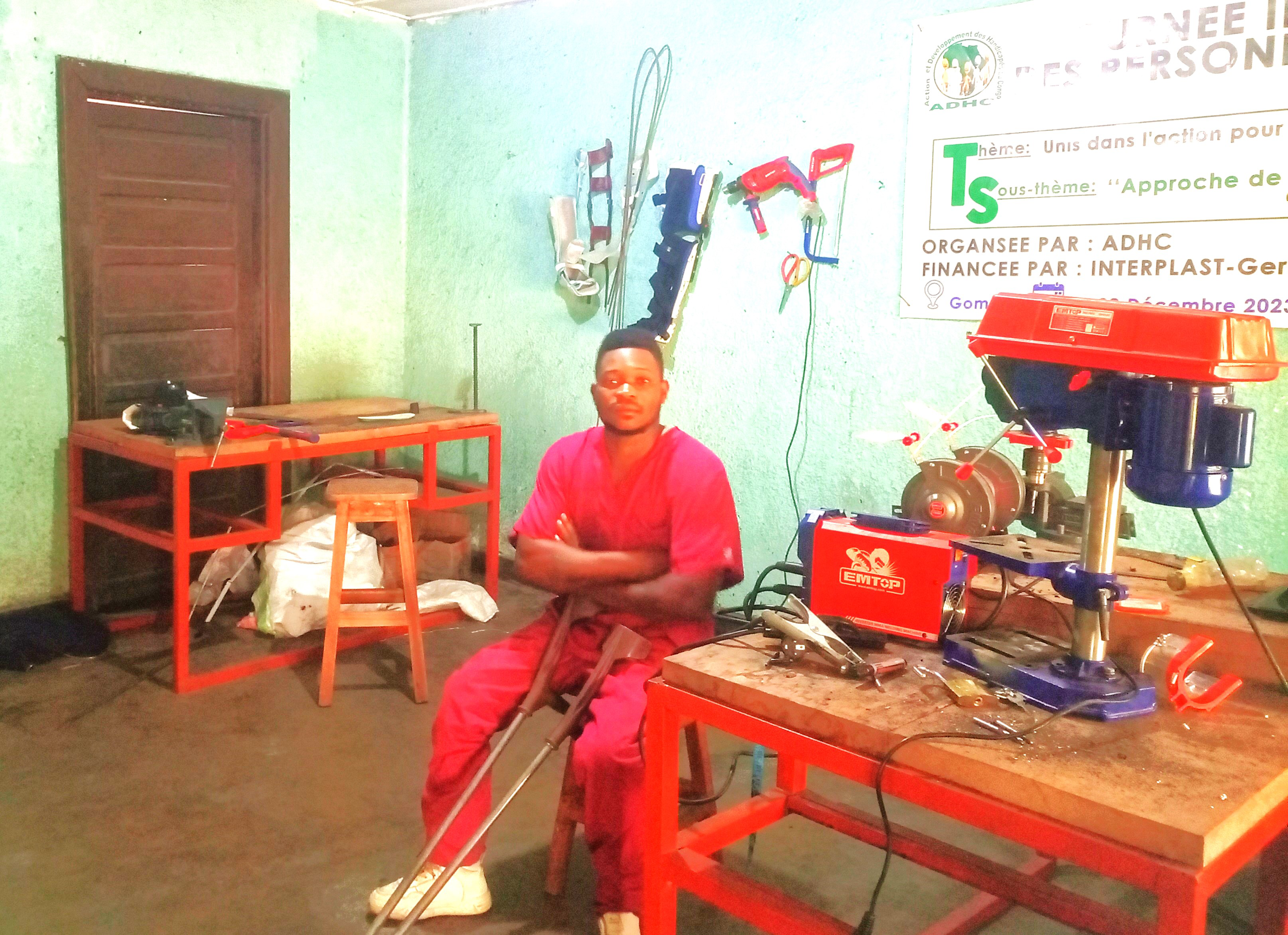
Jospin, a trained prosthesis maker with his economical tools.
Modern lightweight plastic splints for $30 and $100 from China, instead of $300 and $600 in Congo...can replace the heavy, often fracturing metal splints.
